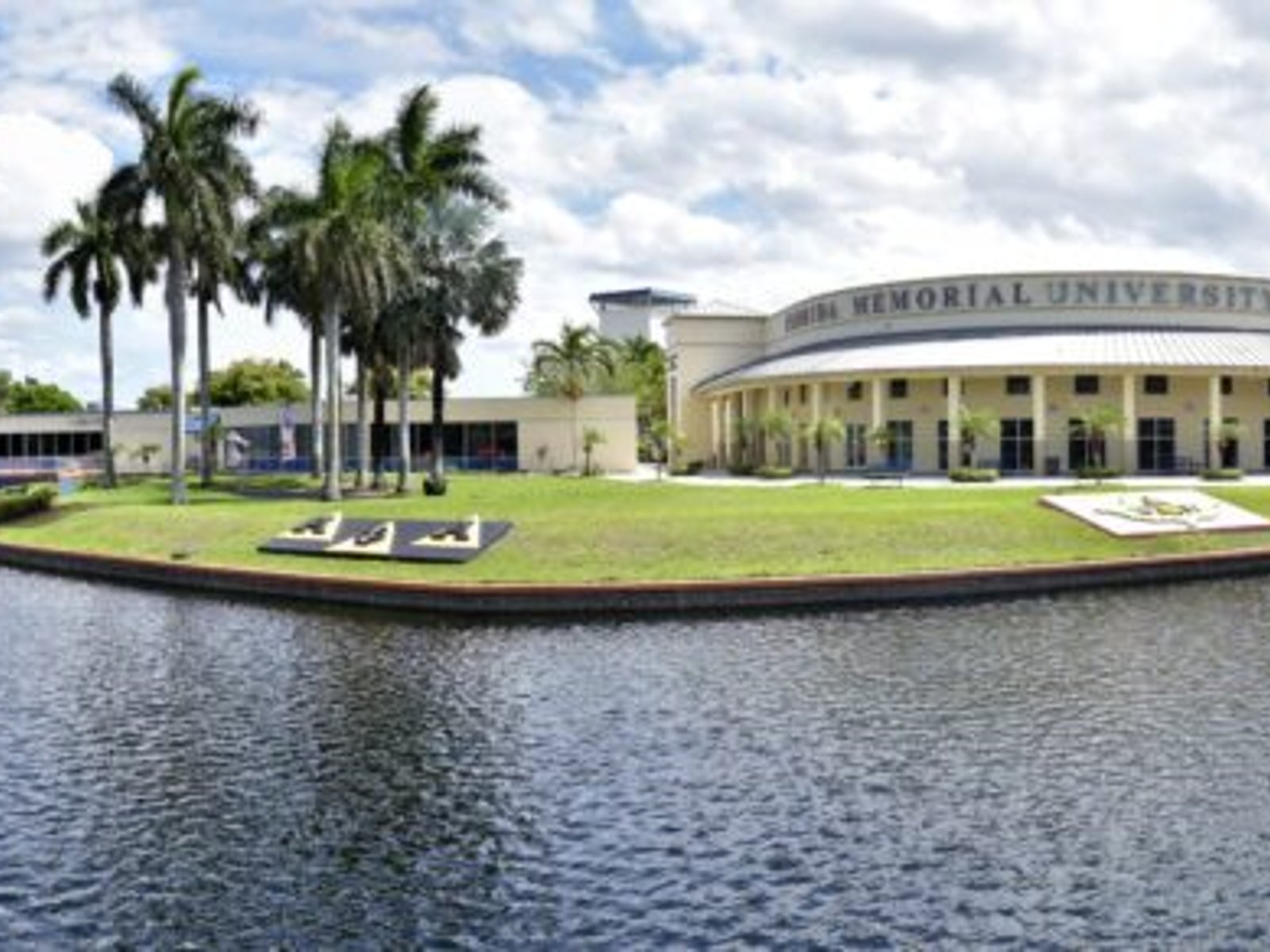This is a collaborative project including the following institutions: Coppin State University, Florida Memorial University, Kentucky State University, and Harris-Stowe State University. The Historically Black College & University Alliance for Strategic Partnerships for Innovation and Research Enhancement (HBCU-ASPIRE) initiative is poised to address and overcome existing infrastructural impediments that hinder research and innovation within Historically Black Colleges and Universities (HBCUs).
Acknowledging the pivotal role of HBCUs in nurturing the growth of underrepresented professionals in STEM disciplines, this endeavor seeks to enhance faculty research capacity and infrastructural support. Despite the National Science Foundation (NSF) data showing HBCUs as the source of over 18% of all bachelor's degrees in STEM fields earned by African American students, these institutions often grapple with the constraints of infrastructural deficiencies and inequitable funding. Through this pilot, the HBCU-ASPIRE project aims to substantially fortify the research and innovation proficiencies of ASPIRE institutions, thereby fostering a more inclusive and dynamic U.S. and global economy.
The HBCU-ASPIRE initiative will perform a methodical analysis of the prevailing challenges impeding research and innovation within each HBCU in the cohort. Utilizing proven practices from the Research Development Enterprise (RDE), the project is designed to bolster the research infrastructure, fostering robust partnerships. The initiative is committed to fortifying various dimensions such as the Office of Sponsored Research, faculty support and training, pre- and post-research award management systems, to foster a collaborative, efficient, and innovative research milieu.
With an objective to compete for research funding at the national level, this project encompasses the institutionalization of best practices in research and innovation. Furthermore, the initiative is designed to generate empirically grounded insights to guide other institutions in their quest for robust research and innovation infrastructures. HBCU-ASPIRE's commitment to broadening the impact of HBCUs on STEM research, training and workforce development has the potential to foster a more inclusive and innovative global economy. This project is supported via co-funding from the NSF HBCU-Excellence in Research Program.
Coppin State University
Coppin State University is leading the HBCU-ASPIRE initiative to strengthen research capacity and institutional infrastructure among Historically Black Colleges and Universities. With a focus on overcoming long-standing barriers to funding and innovation, Coppin is enhancing its Office of Sponsored Research and faculty development programs. The university is committed to establishing best practices that support a sustainable research enterprise and elevate the role of HBCUs in national and global innovation ecosystems.
Florida Memorial University
Florida Memorial University is using its role in HBCU-ASPIRE to build research development infrastructure and foster strategic partnerships that expand access to STEM innovation. With support from the NSF’s EPIIC and HBCU-Excellence in Research programs, FMU aims to strengthen pre- and post-award systems, elevate faculty support, and position its scholars to secure competitive national research funding. These efforts will help FMU shape a more inclusive innovation environment in South Florida and beyond.

Harris-Stowe State University
Harris-Stowe State University is enhancing its research infrastructure and institutional capacity through its participation in the HBCU-ASPIRE cohort. With targeted improvements to its Office of Sponsored Research, faculty training programs, and grant management systems, Harris-Stowe is positioning itself as a more competitive institution for national funding opportunities. These efforts will support broader institutional goals to foster innovation, research excellence, and workforce development in underserved communities.
Kentucky State University
Kentucky State University is contributing to the HBCU-ASPIRE project by identifying and addressing internal challenges that limit research growth, particularly those related to infrastructure and faculty engagement. Through this NSF-supported initiative, KSU is implementing proven strategies to expand its research enterprise, with a focus on equity, sustainability, and capacity building. The project aligns with the university’s broader goal of expanding its impact on STEM innovation and workforce development.











